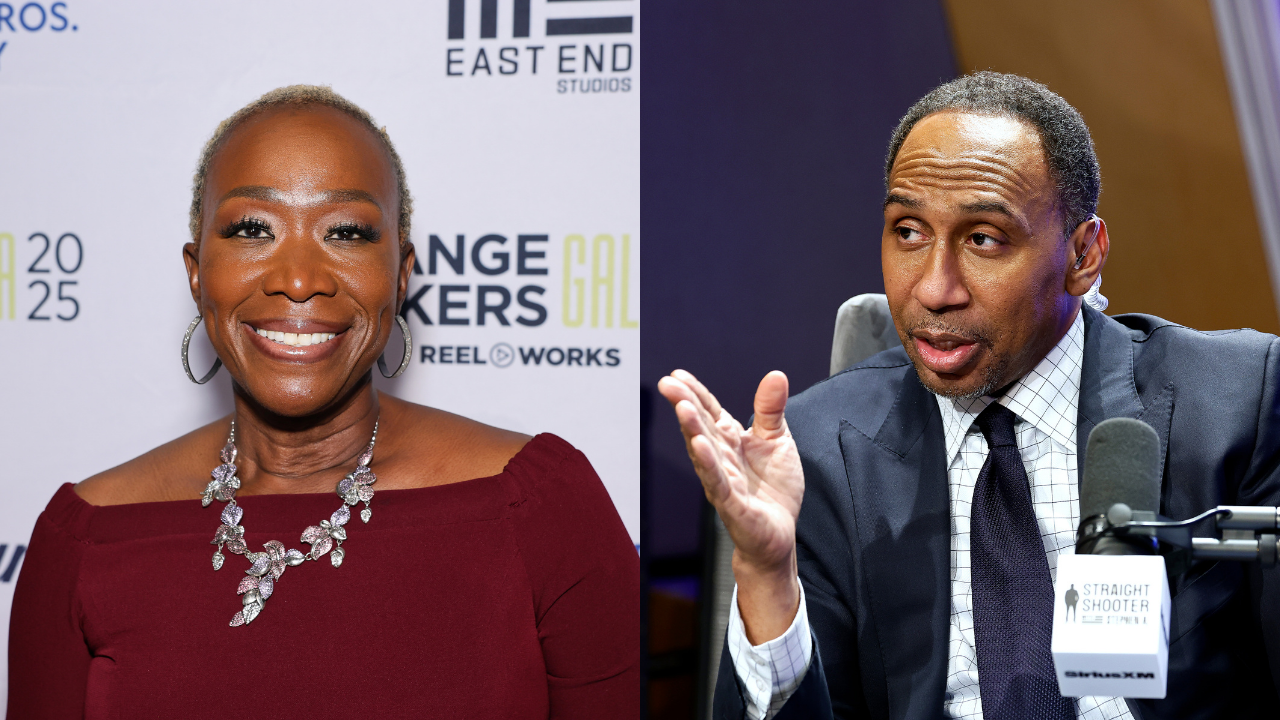“Can I buy you a coffee and pick your brain?” It’s the phrase that strikes existential dread in the inboxes of accomplished professionals from a variety of industries. Those following in leaders’ footsteps, or trying to figure out how to ask for mentorship, have long asked for free career advice and tips on leveling up. But not all ask the right way, and the approach often impacts the answer they receive. After all, decades of wisdom in your industry is likely worth more than a cup of coffee per hour, yet many leaders have a drive to give back for free when they can as well.
So, the conundrum begs the questions—how can someone ask for free career advice? And when should it not be free? In addition, it seems some people need some education around how not to ask, especially if they are hoping for collaboration and the gift of someone else’s time, expertise and industry knowledge.
Research shows that mentorship is essential for success and a common, structured process in many industries. A 2022 MentorcliQ study found that 84% of Fortune 500 companies have a mentorship program, for example. Yet, requests for free mentorship can leave a person feeling money-hungry if they decline or used if they accept.
Name your price
When it comes to how to ask for mentorship, sometimes you have to create boundaries around your time and expertise. In this case, it’s possible to politely respond with your availability and your price, as would a plumber, landscaper or artist. “When you get requests like that, smile and name a price. One of the best things about consulting is that you almost never have to say ‘no.’ Instead, you get to say, ‘Of course I will do it! Here’s how I charge for that sort of thing,’” says Liz Ryan, founder CEO of Human Workplace, in a LinkedIn post on the topic.
Use the conversation to your advantage too
Val Wright, president of Val Wright Consulting LLC in Pasadena, California, has a “thoughtfully ruthless” three-rule mantra. When she’s asked for free career advice, which she says she “loves” to give, she makes sure to:
- Timebound it: It needs to be a specific amount of time, so you can work on your terms. “When I speak at a conference or event, I offer that to the audience so that I can hear what is on their minds, give personalized advice, and it gives me feedback on which stories and ideas I share [that] are most valuable.”
- One-to-many ratio: Allow others to hear you in parallel, she advises. This might look like monthly office hours, or articles, videos or podcasts where you answer frequently asked questions. Then, you can point your free advice seekers to those resources, she adds.
- Fuel your own progress: Listen to what you are being asked, Wright says. “I used the top 15 questions executives ask me to form the backbone of my third book.”
How to ask for mentorship: Make it reciprocal
Often the rub with less experienced professionals asking for free career advice from those “above” them career-wise is that there’s really nothing “in it” for the mentor, other than goodwill and giving back. So, those who are asking for free mentorship can consider what they can reciprocate in some situations.
“If there’s someone you’re interested in connecting with, ask someone in your network for an introduction and offer to repay the favor in-kind,” says Amira Barger, head of DEI advisory at Edelman and professor of change management and communications at Cal State East Bay in Hayward, California. “Additionally, think about how you can offer something of value in return to the person you need help from, such as an introduction, sharing relevant articles or inviting them to an event or network. Reciprocity should be the theme top of mind, not free.”
Don’t overdo it
If someone offers to answer a question for free, don’t take that as them offering to answer multiple questions each week for free. Given this, choose your question carefully, in case it is the only one they have time to answer. Barger also recommends that mentees create a “personal board of advisers,” which means they won’t always be going to the same person for help.
“[This would] consist of allies, mentors and sponsors who are each with you for a defined period (now/near/far). An ally (now) provides immediate practical help, a mentor (near) assists with skill development and coaching and a sponsor (far) works to advance and champion your career into the far-reaching future,” she says. “Expand your network to recruit members for your personal board of advisers before you need to make an ask.”
Free career advice: Acknowledge what you are asking for
If you do need to ask for free help, consider how you are phrasing it. Nicole Pearl, PR and media coach, shares an example of someone asking for a favor that started with, “Hi there! Without giving any secrets away…” Pearl explains, “I have a tendency to over give, and the fact that she said she was looking for advice versus ‘secrets’ made me want to respond with my guidance and not feel as though my value and expertise was being taken for granted.”
Tap your own network first
Pearl adds that it’s helpful if people start asking for free mentorship from those who they already have existing relationships with. “For example, if a friend asks for advice, of course you’ll want to help for free. And hopefully there is an understanding that if they want your support for a longer time period, then they would either offer to take you to dinner or perhaps say they’d want to properly hire you,” she says.
Sometimes, your own peers, not someone “above” you, can be a great sounding board. “The buzz I’m hearing across my network these days is less about green, young people looking for a foot in the door and more about successful professionals looking for insight and inspiration from their peers around how they can make a leap into feeling freer and more fulfilled, while maintaining some sense of security,” says Kasi Bruno, co-founder of Culture Bureau in Los Angeles.
Weigh the risks of coaching the competition
Both the mentor and mentee need to be aware of the implications of asking for help within an industry where you might actually be competitors. While some thrive on helping others within their industry, others might hesitate to be coaching up the competition when it comes to how to ask for mentorship.
Elyse Notarianni, president and founder of Townie Creative, a social media management business in Philadelphia, says, “I basically set up my own competitors, which honestly I love because there’s so much work in this space. That being said, I’ve definitely been tricked a handful of times into giving advice that’s actually just free marketing consulting.”
Yet, when it comes from those new to the industry, there might be less competition if you are a seasoned professional. “Typically, it comes in the form of either undergraduates and rising seniors/young professionals or senior executives that are looking to either make a change, transition career paths and/or diversify their experience and expertise,” says Steph Lund, CEO of M&C Saatchi Sport and Entertainment in New York.
Sometimes tough job markets will even breed more comradery and mentorship. “In the tech industry, it’s common for people to network and reach out to one another during their job search, especially over the last few years while the job market has become increasingly competitive amid layoffs,” says Jacob Simon, co-founder of Exponent, an online learning platform in New York City. So, consider the landscape of your industry and the direct threat or benefit of helping someone based on your specific career path.
Give back free mentorship
Likely, someone helped you achieve your current career status and success. So, strategically choose who and how to give back, for free, in a way that seems most impactful to you. “Successful people know that success is measured by how many people you can help achieve success,” says Stormy Wellington, known as “Coach Stormy,” an entrepreneur, mentor and coaching advocate. Wellington says, “One of my methods is ‘coach the masses, mentor the few.’”
Bruno, for example, says charging for advice didn’t even cross her mind. “I don’t have the credentials or the expertise, so to charge for that would never cross my mind. I think there are too many people doing that who probably shouldn’t be. Beyond that, in my experience, career advice/mentorship is never a one-way street. We all benefit from hearing different perspectives,” she says.
As far as setting limits or drawing a line, how to ask for mentorship is fairly simple; not unlike any other relationship, a coaching/mentorship dynamic where both parties come away feeling energized and engaged will thrive and those who don’t won’t.
Photo by fizkes/Shutterstock.com





